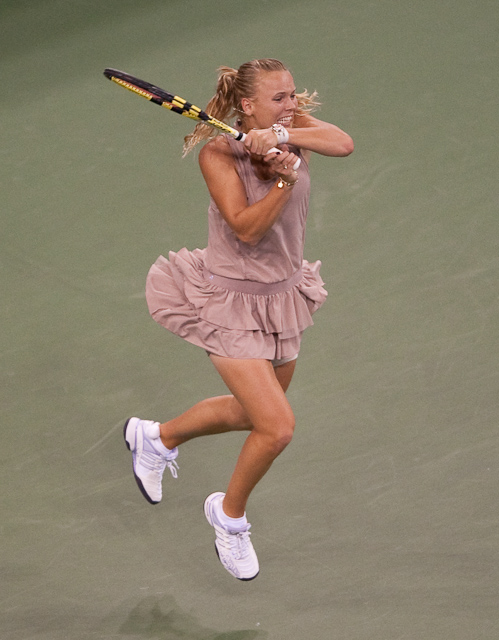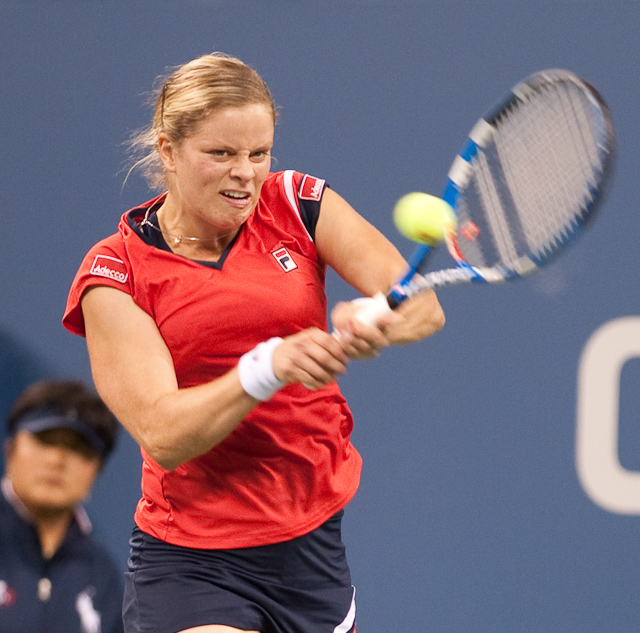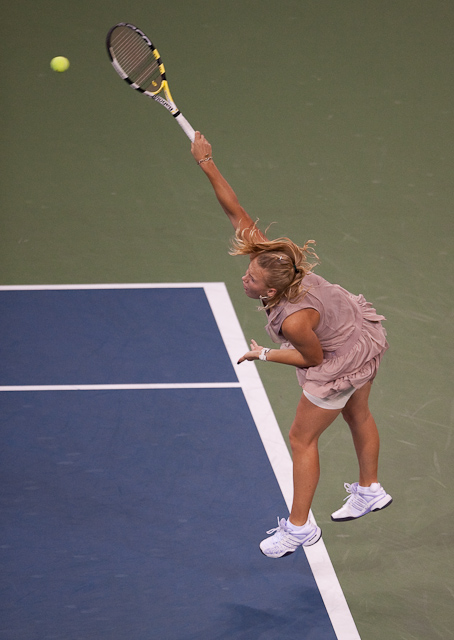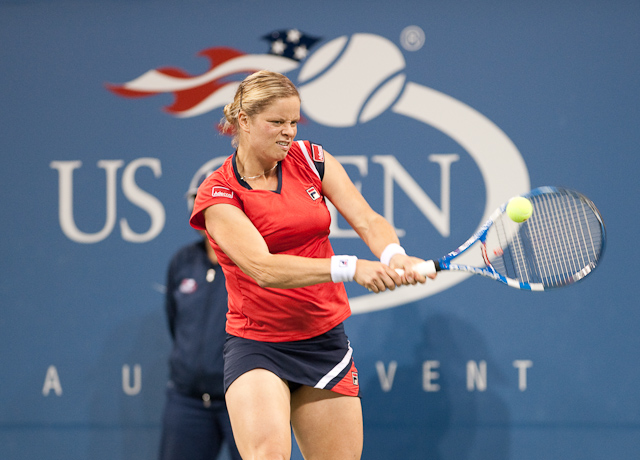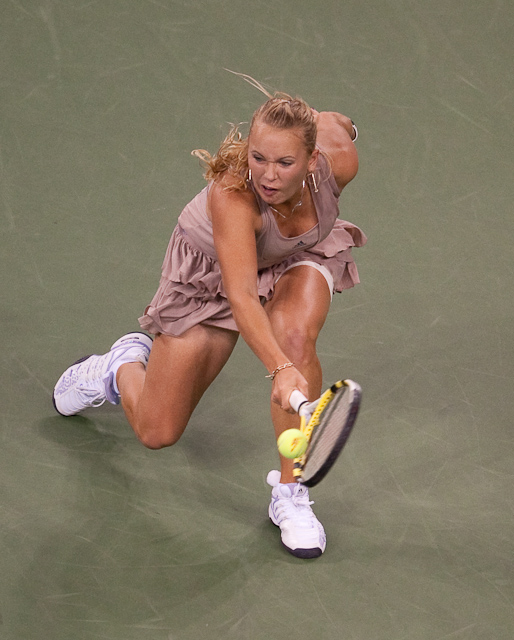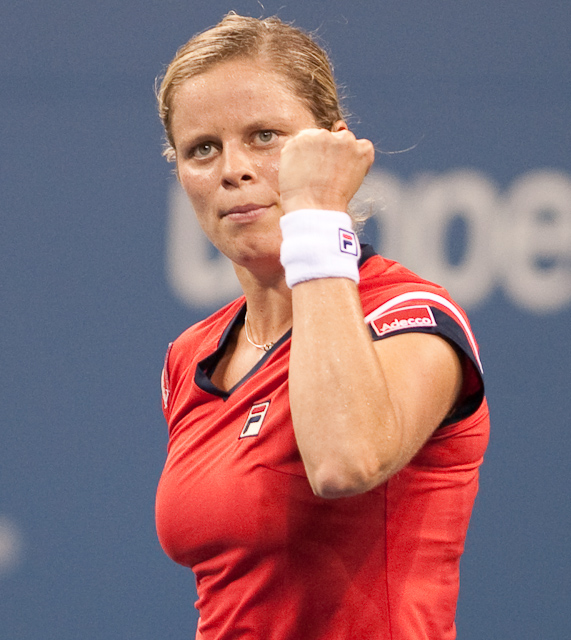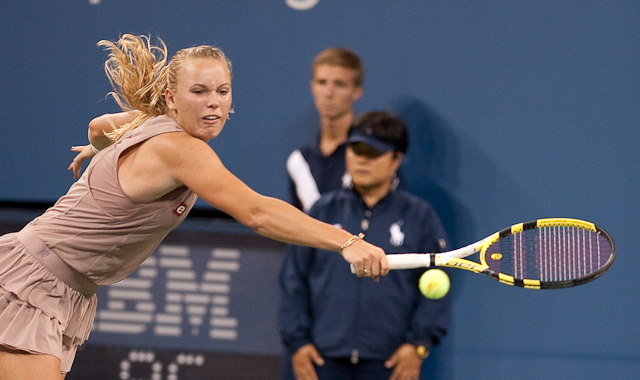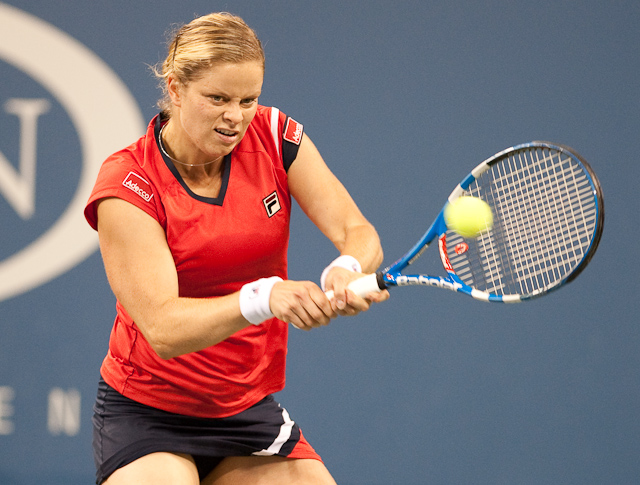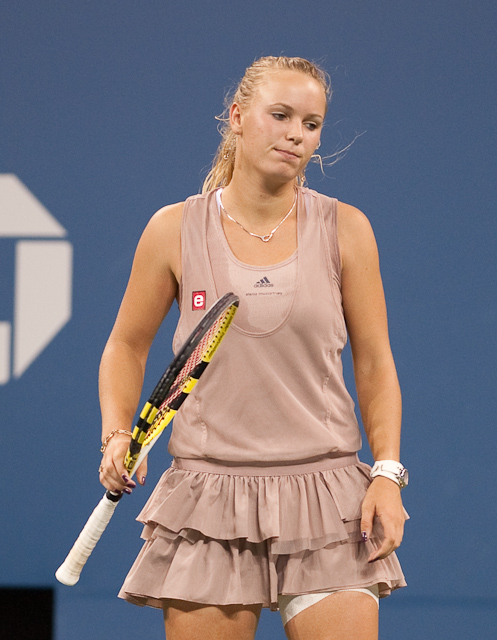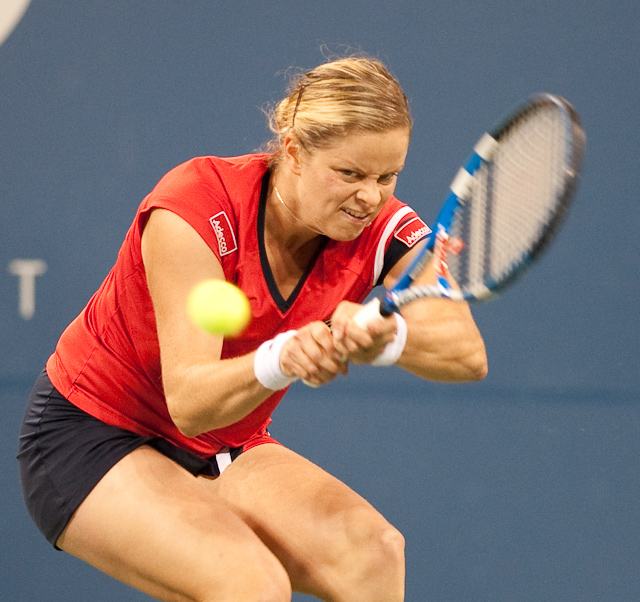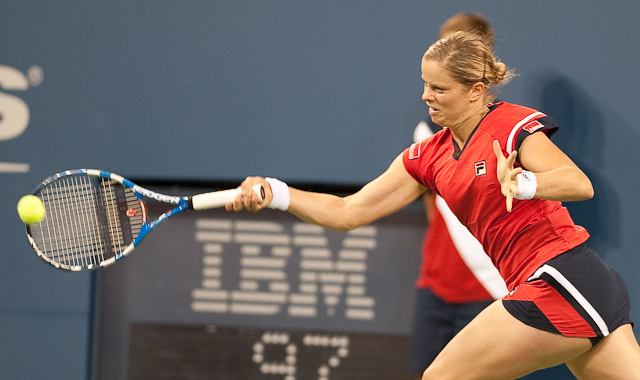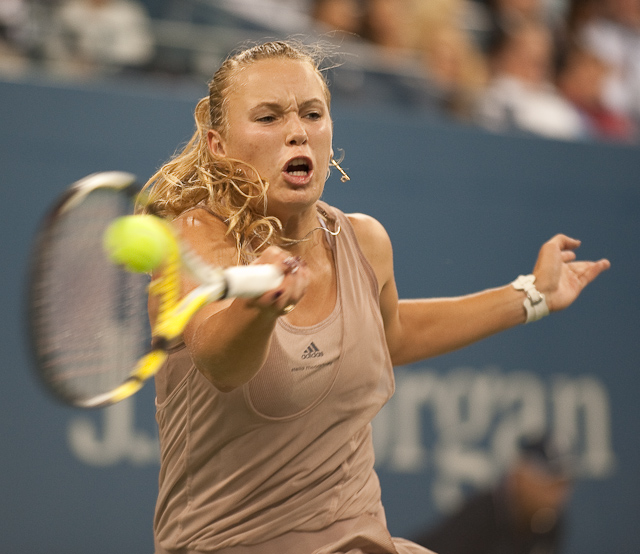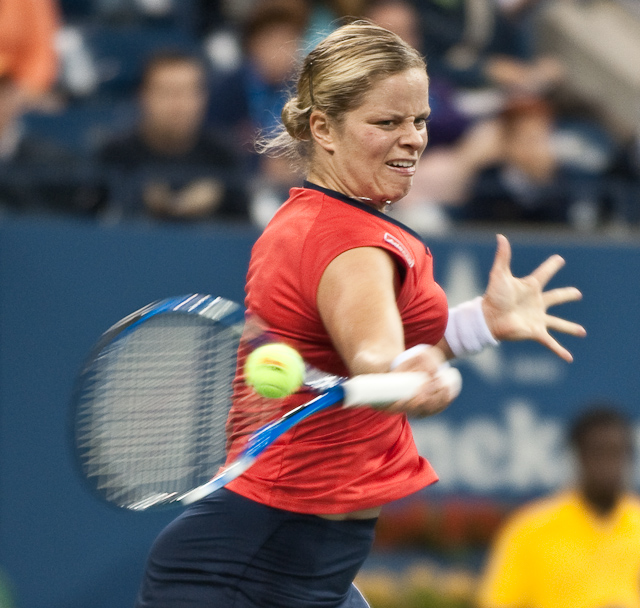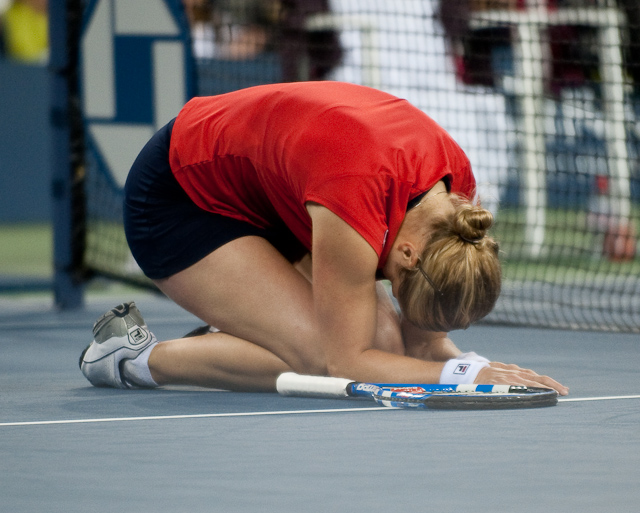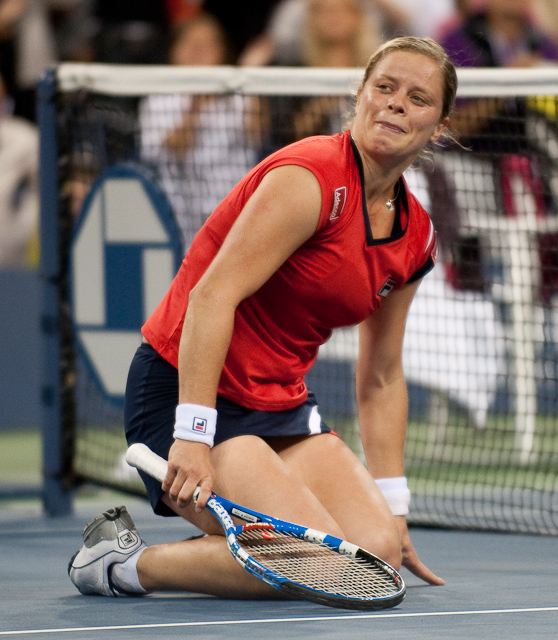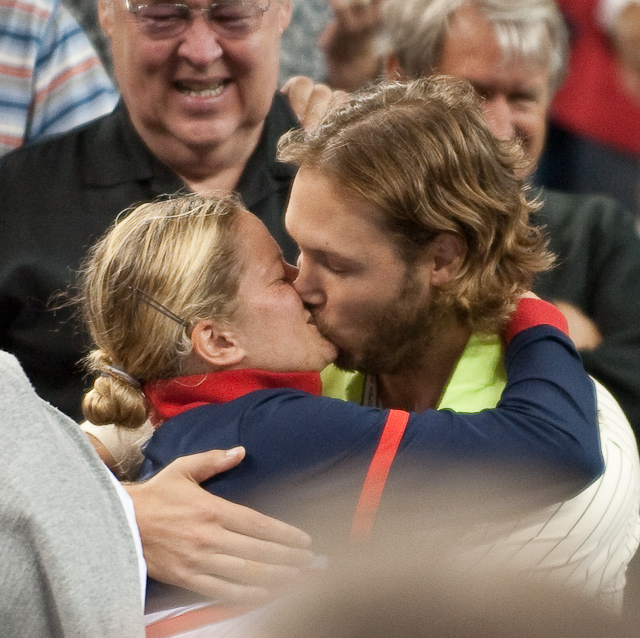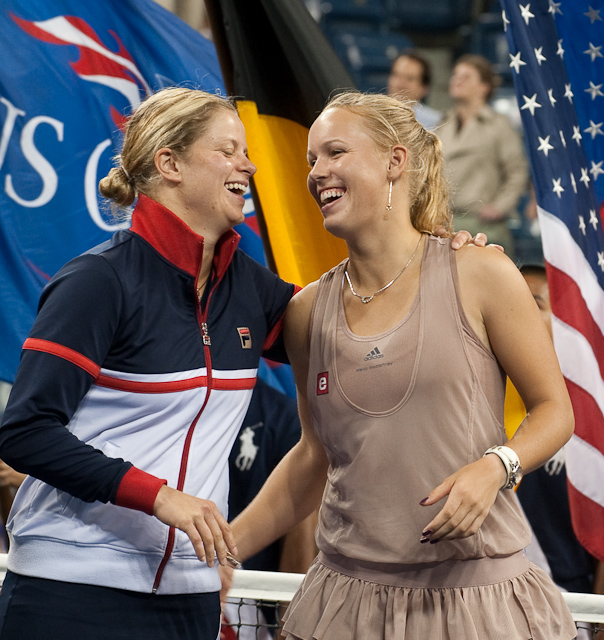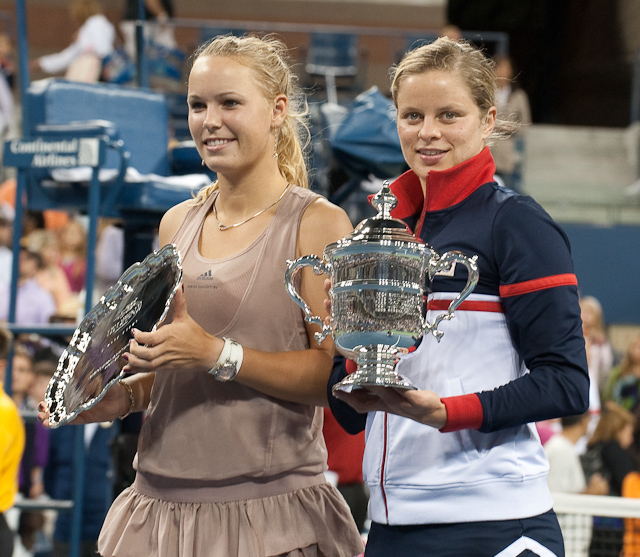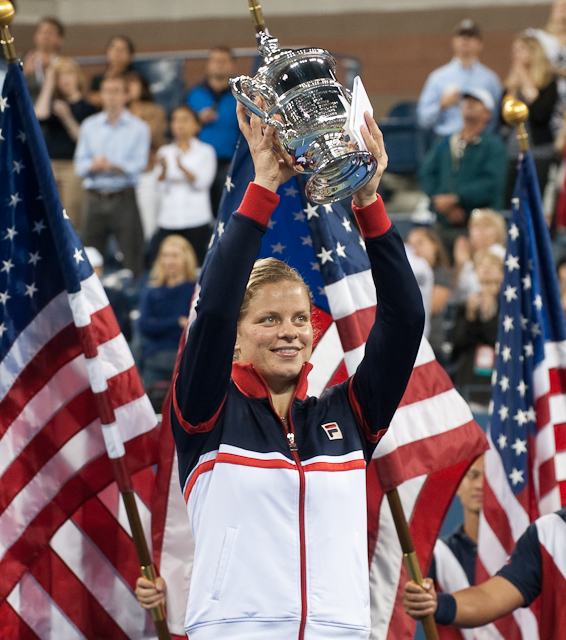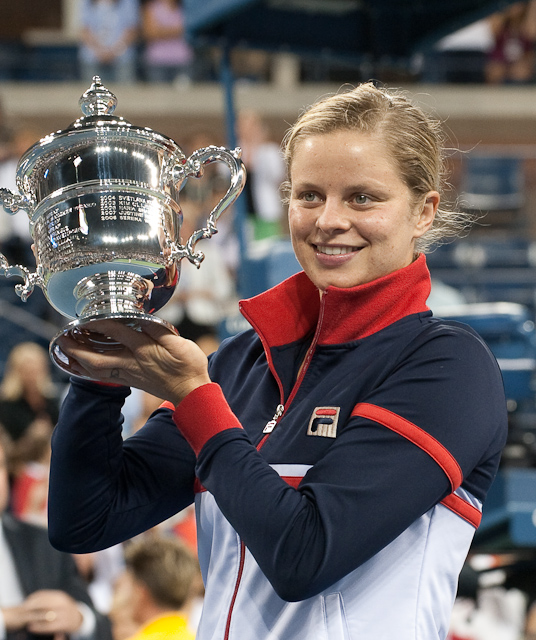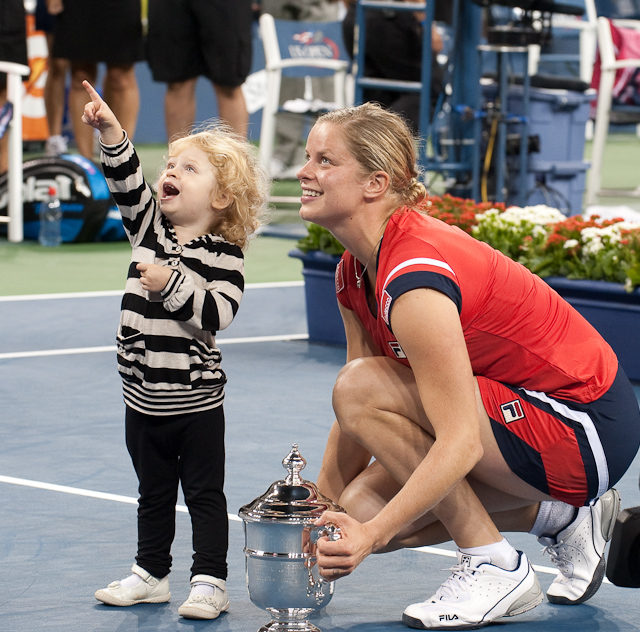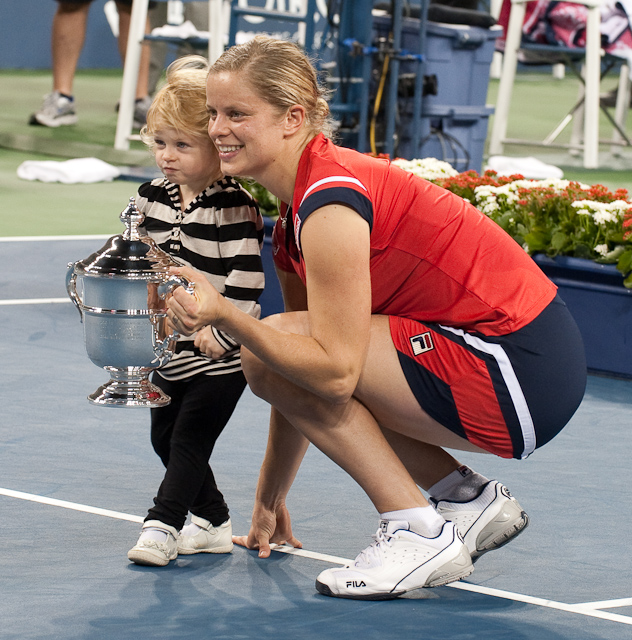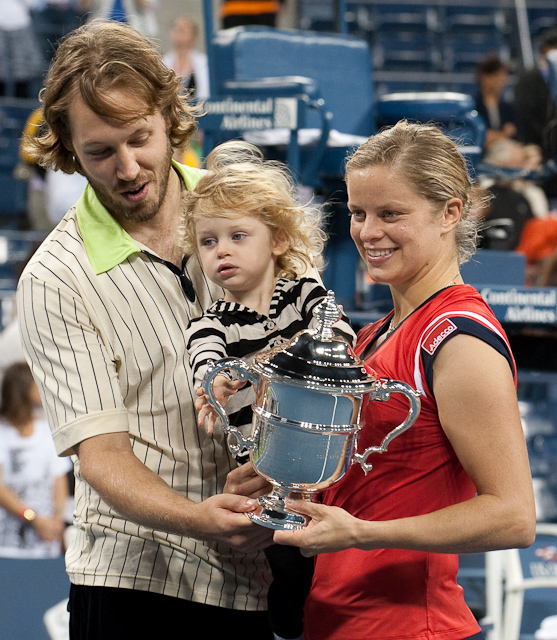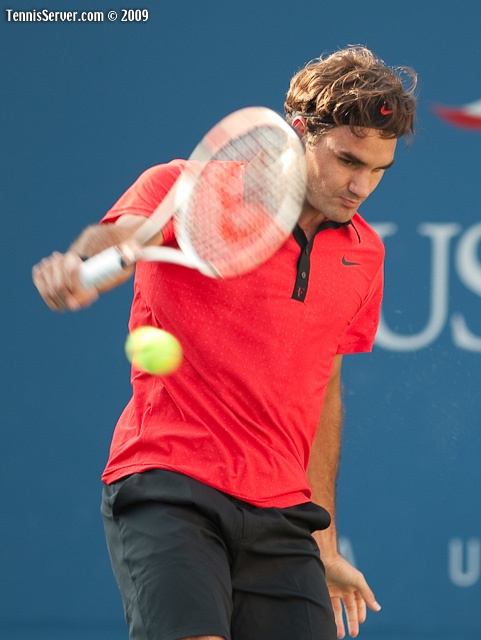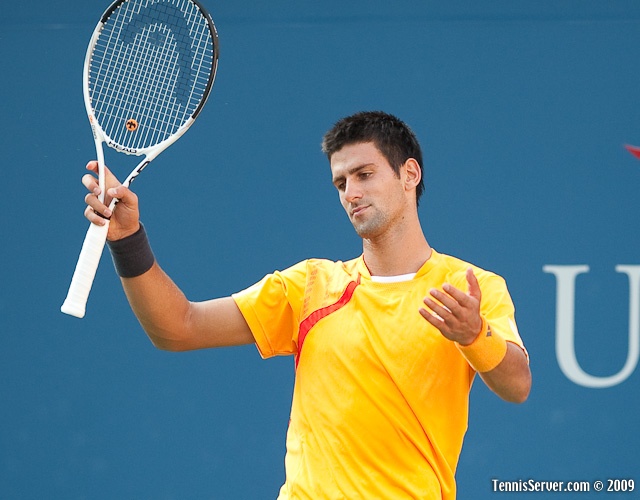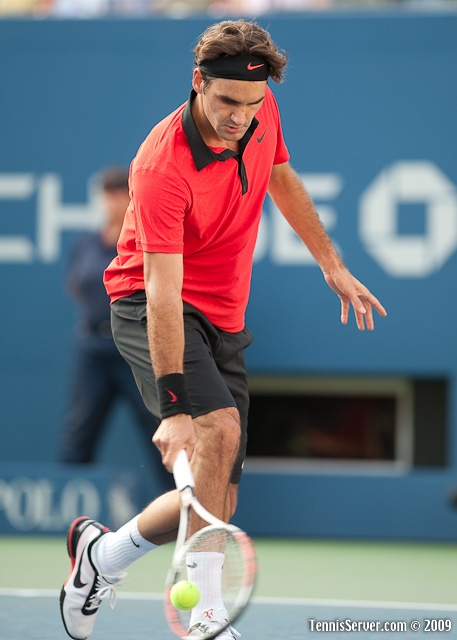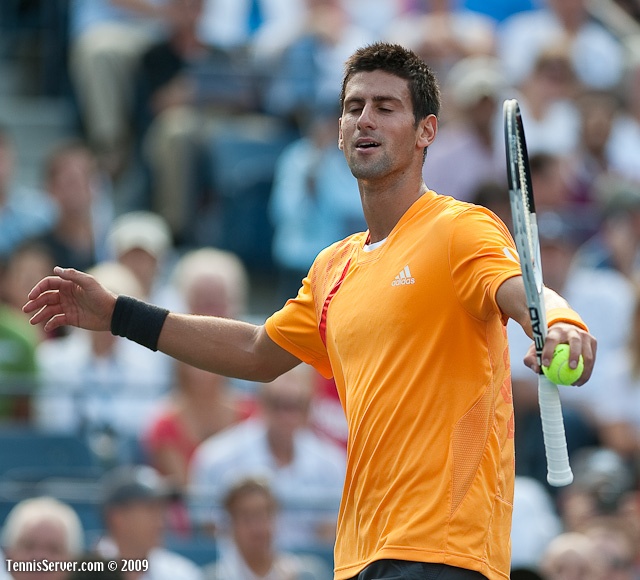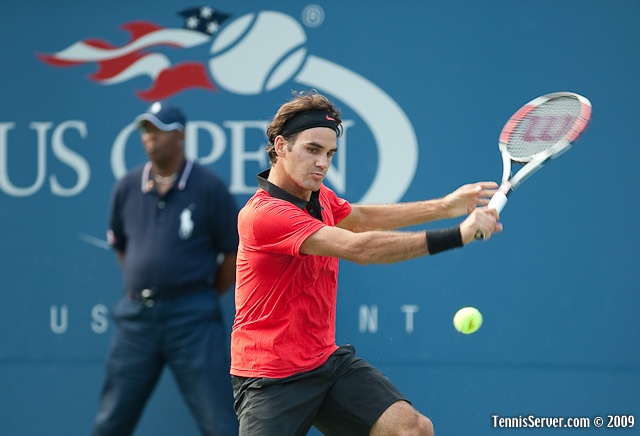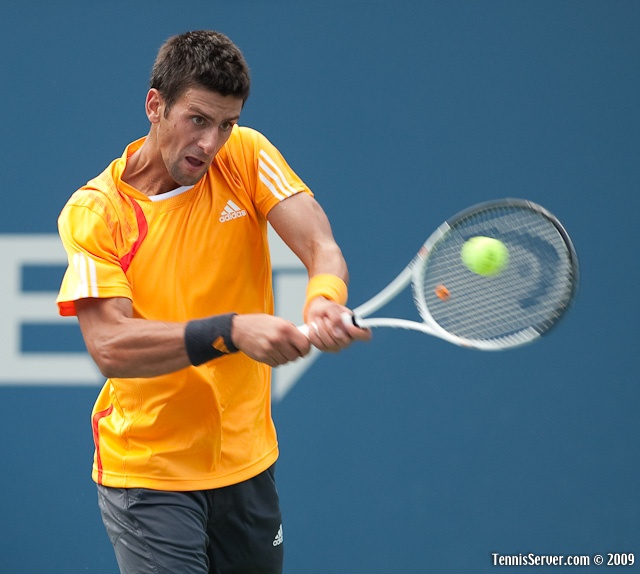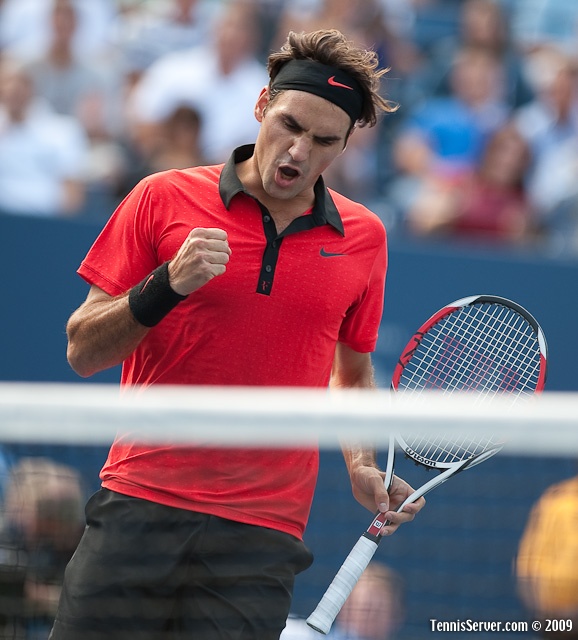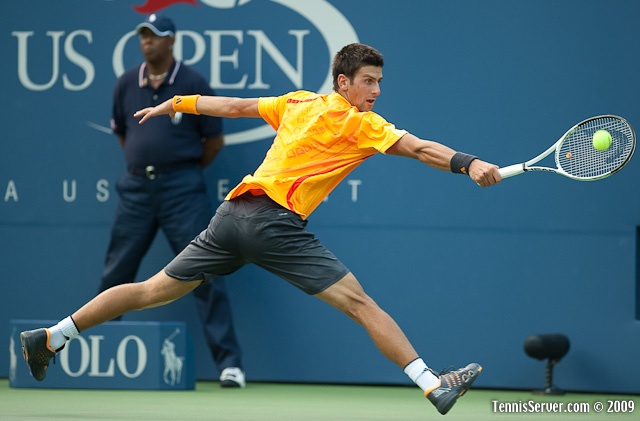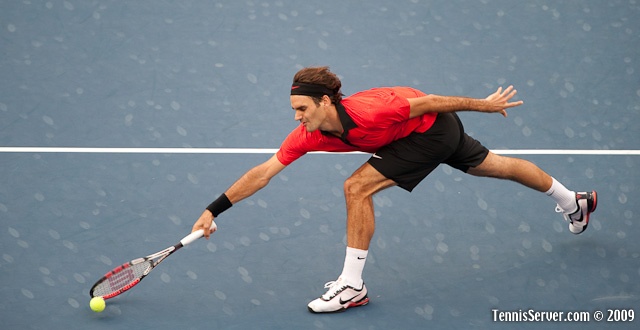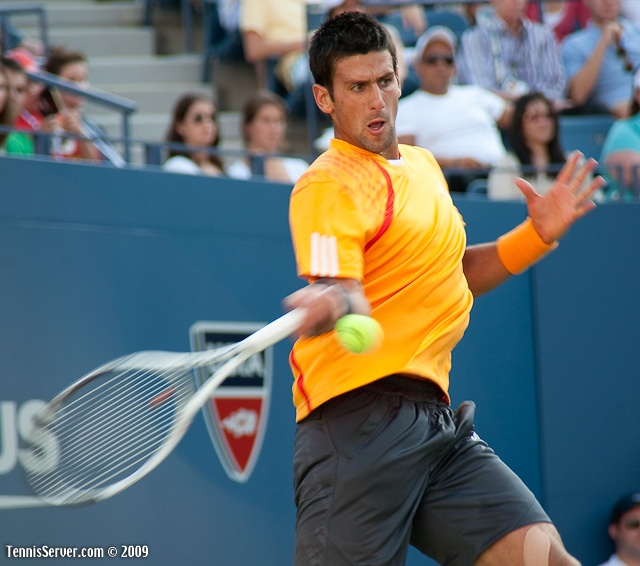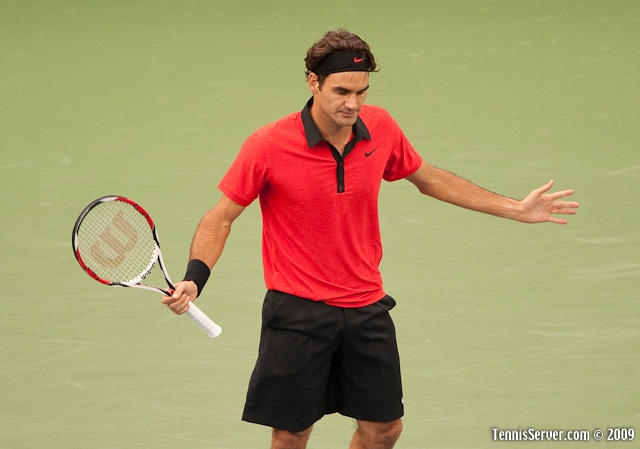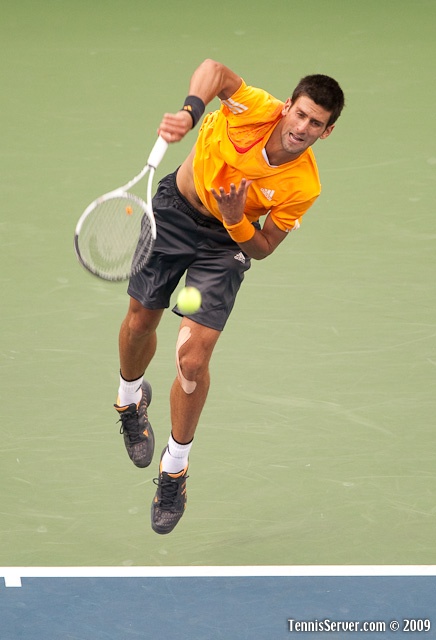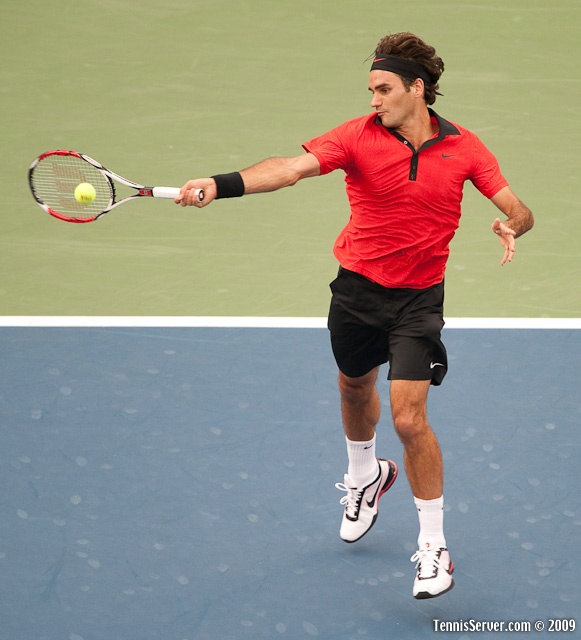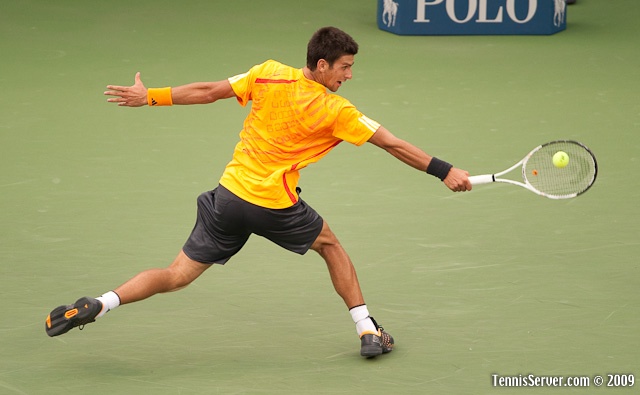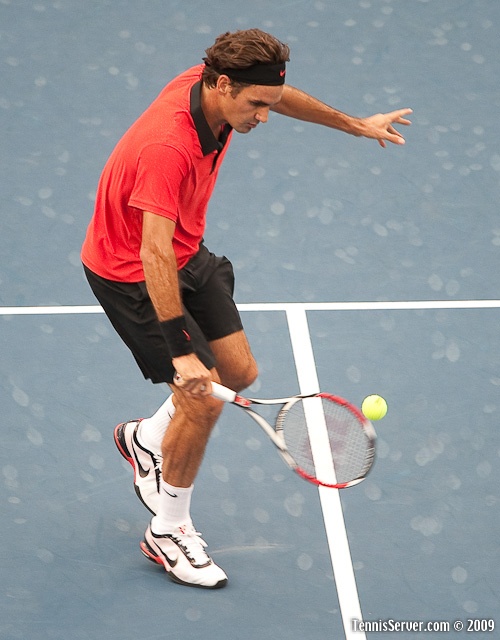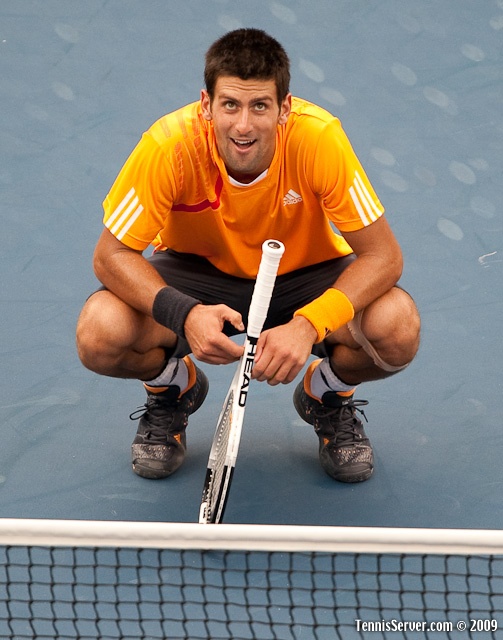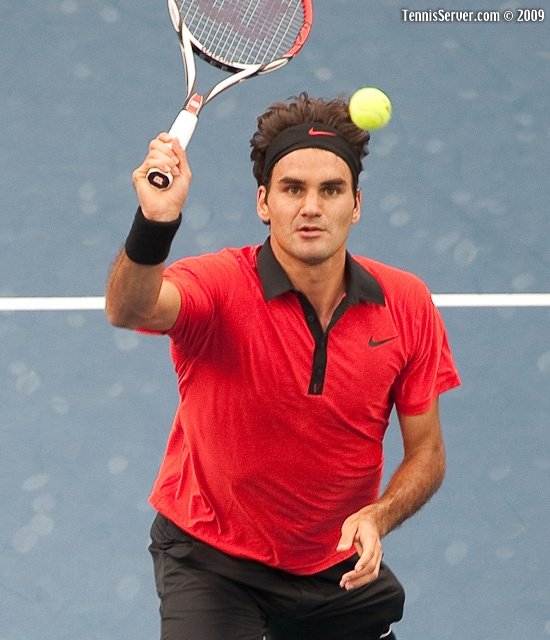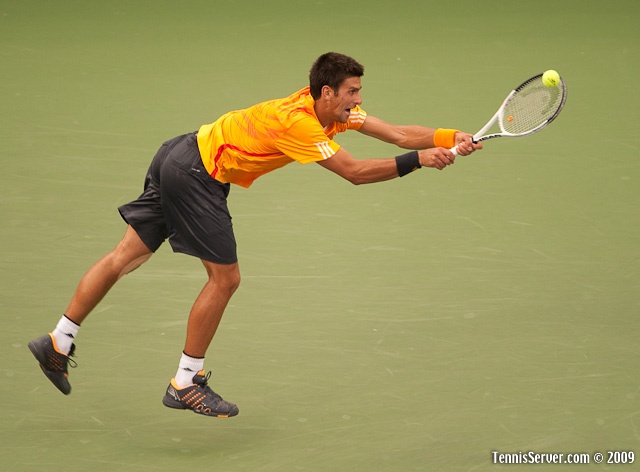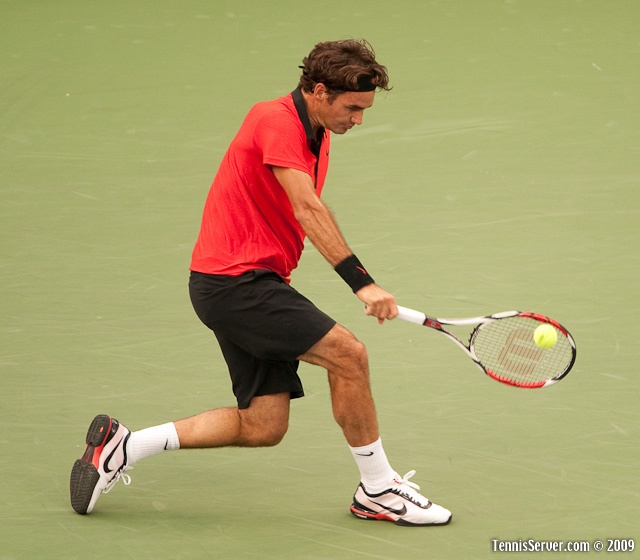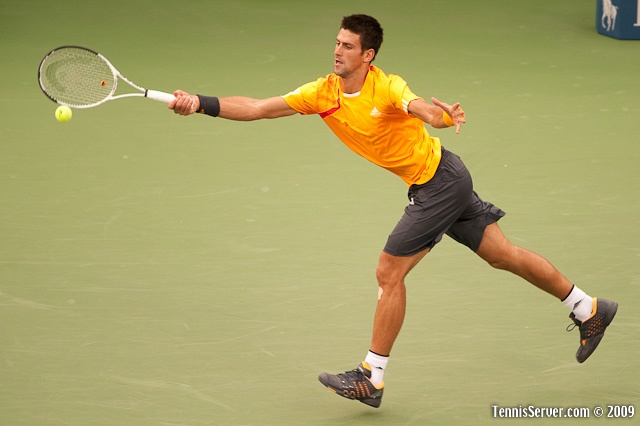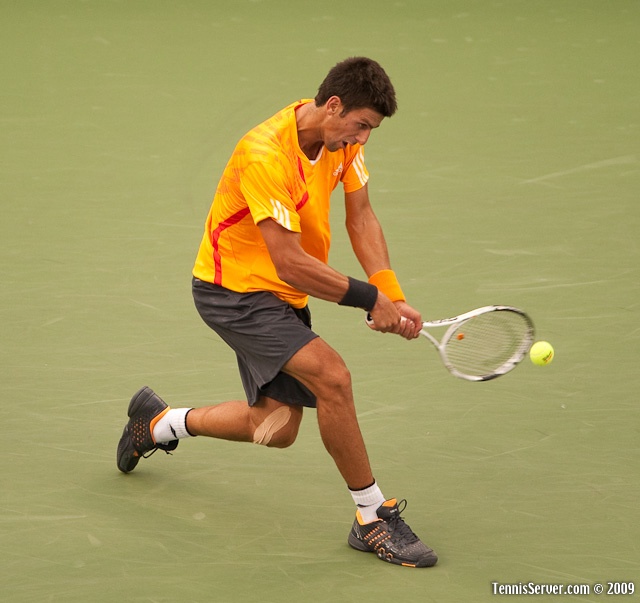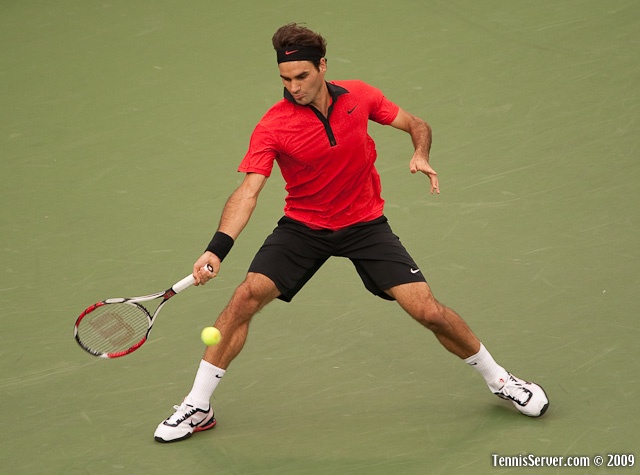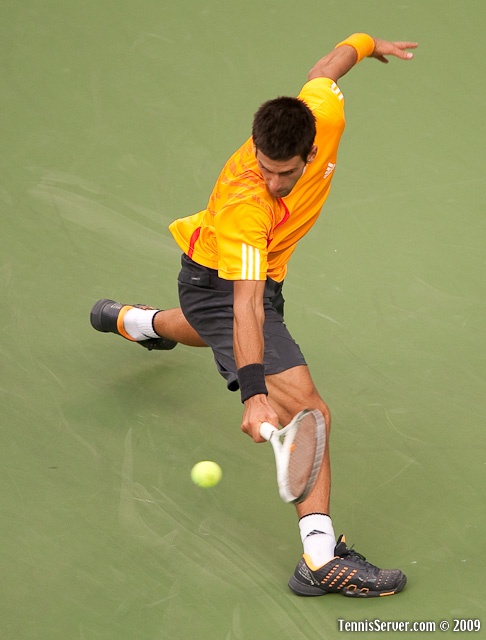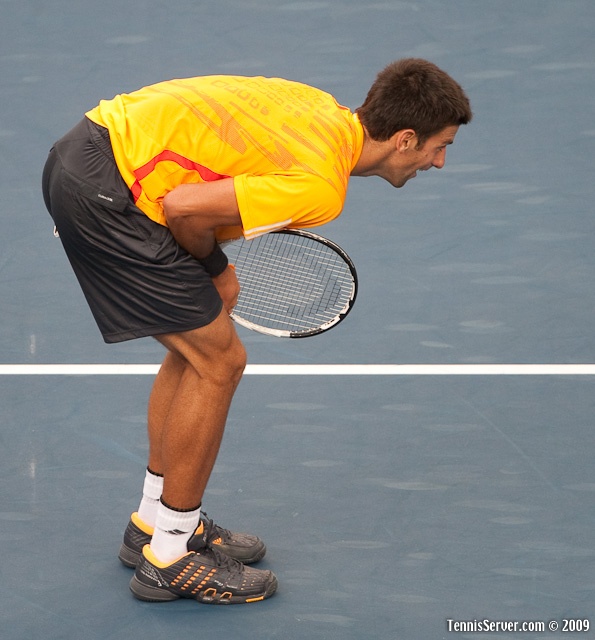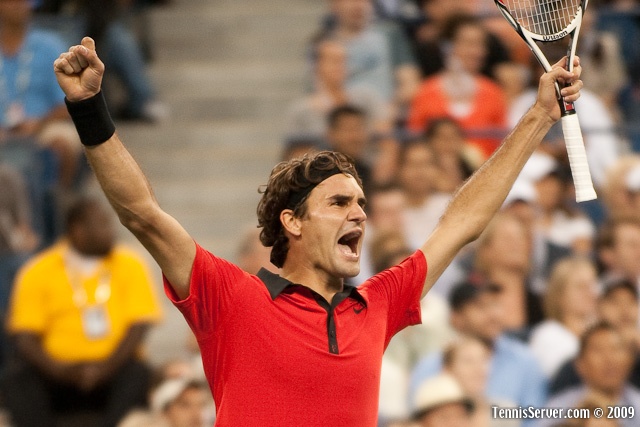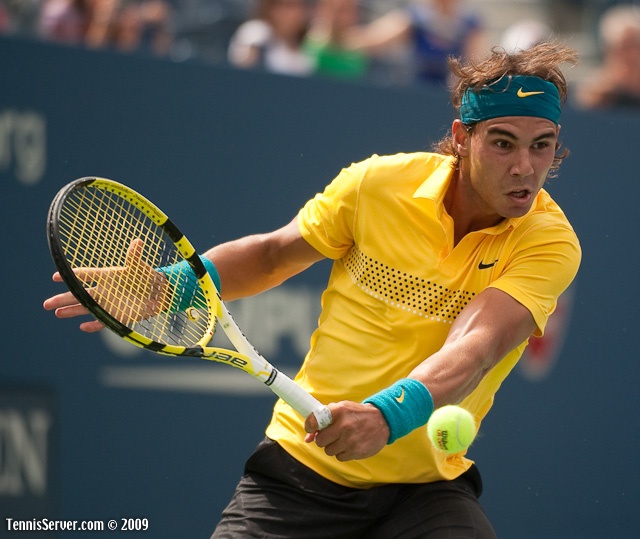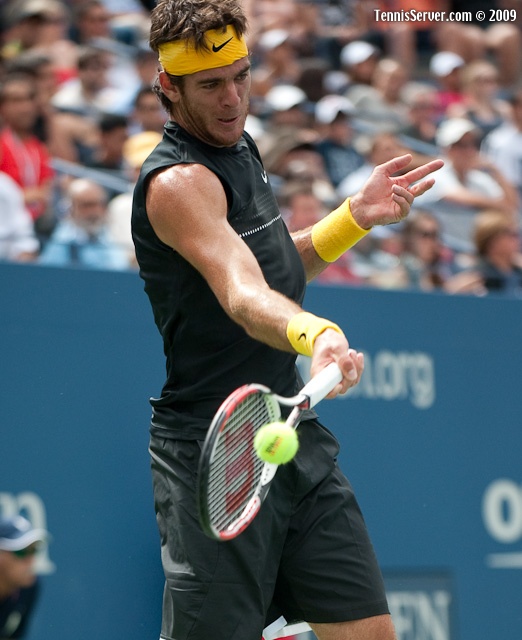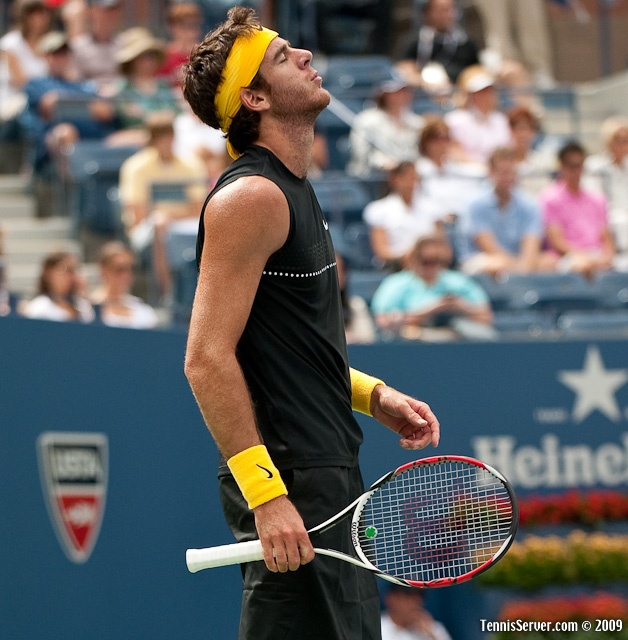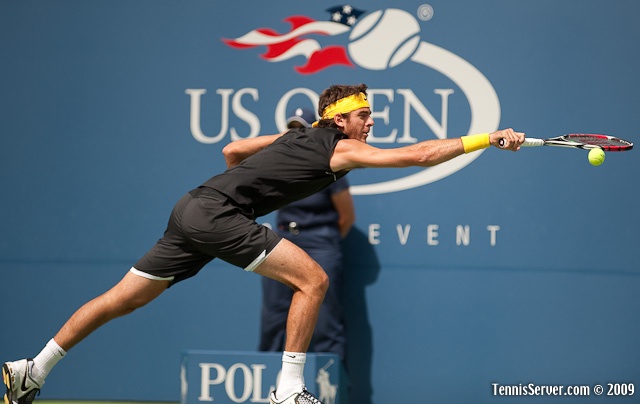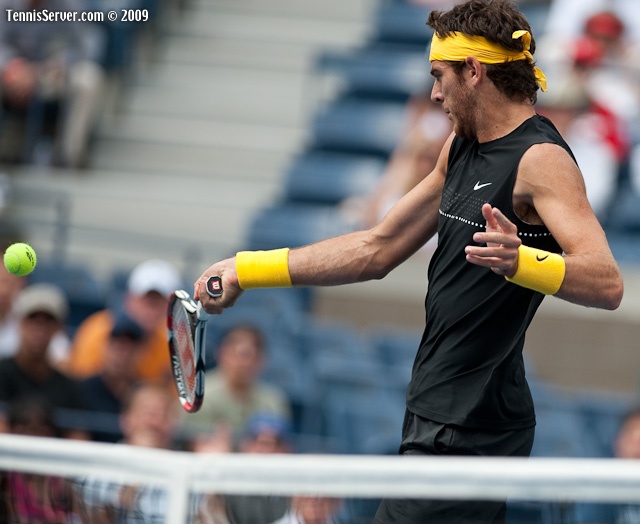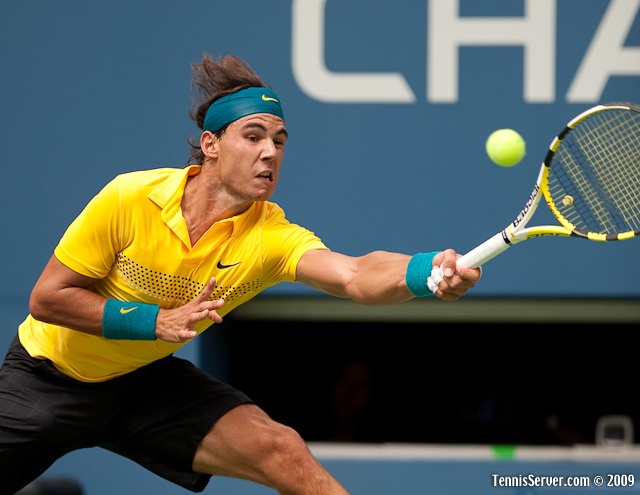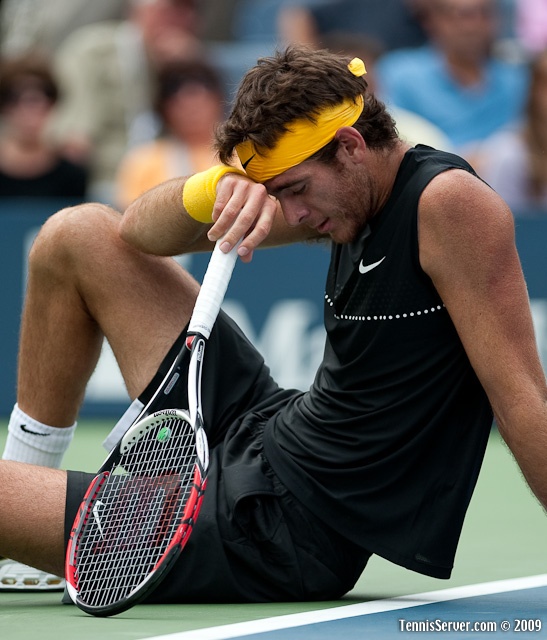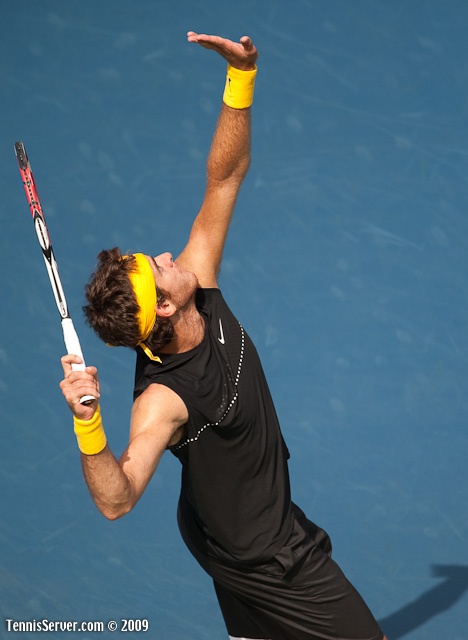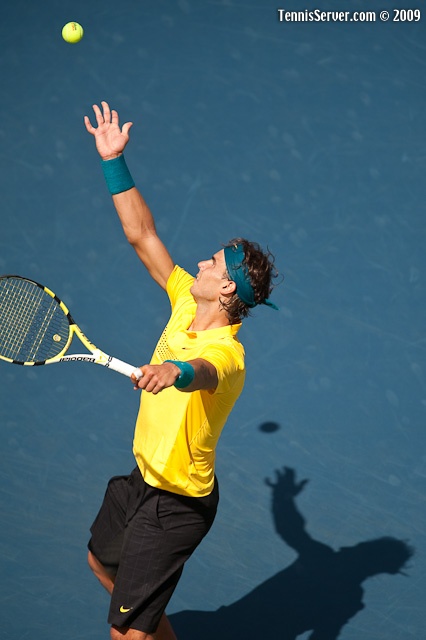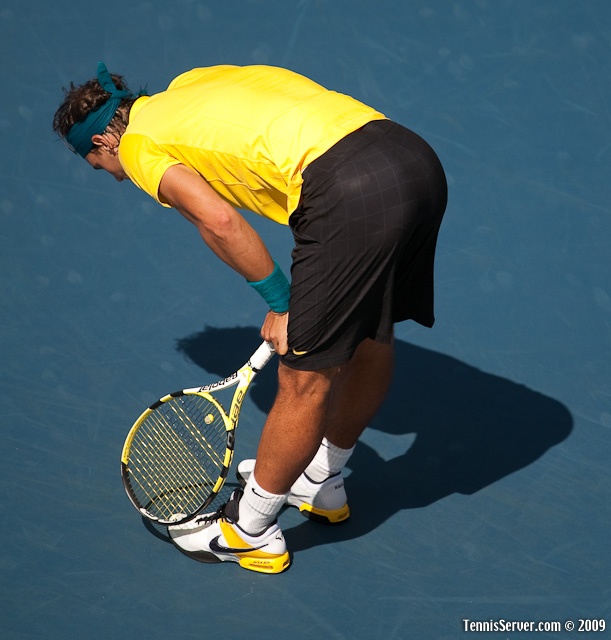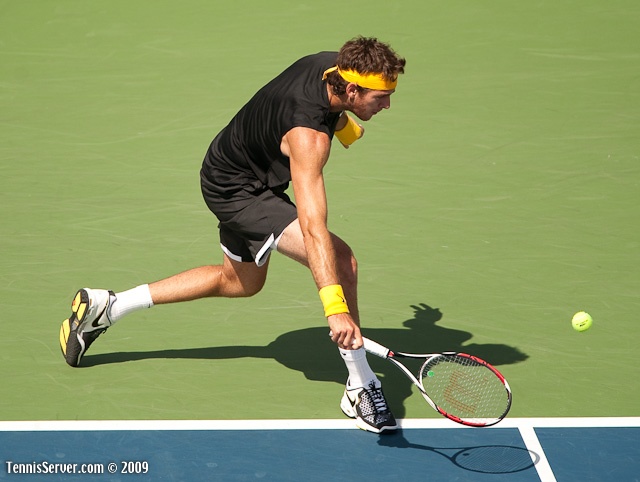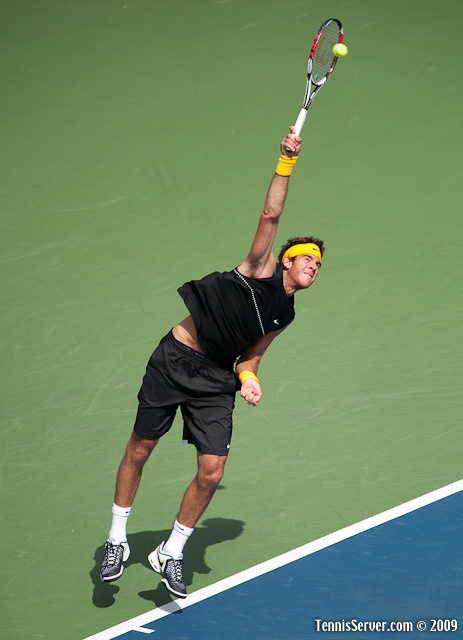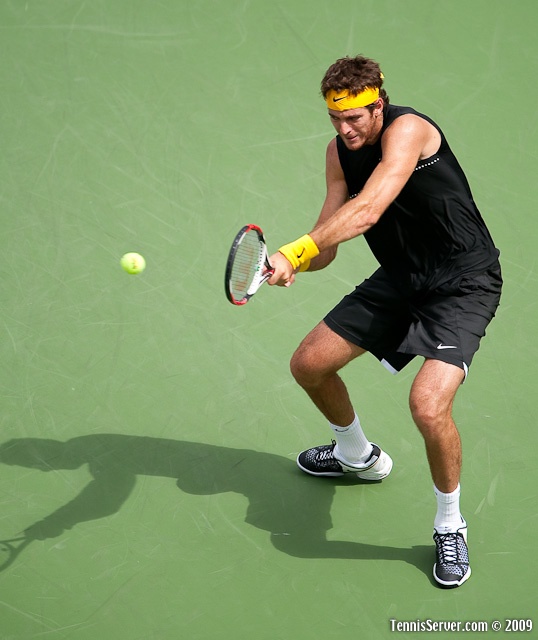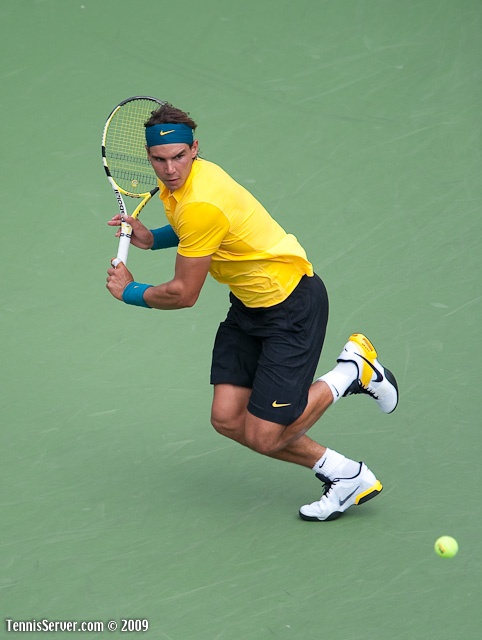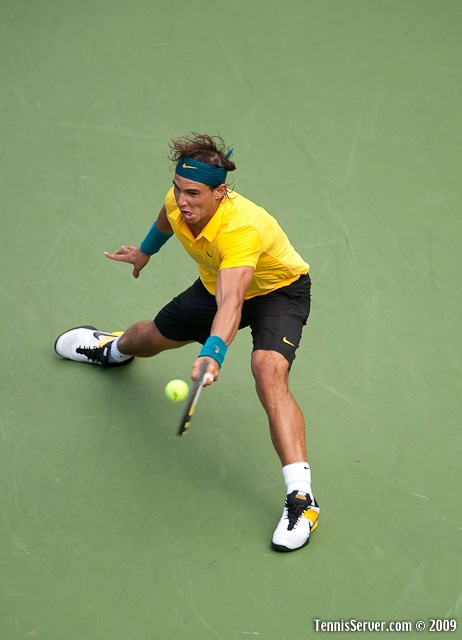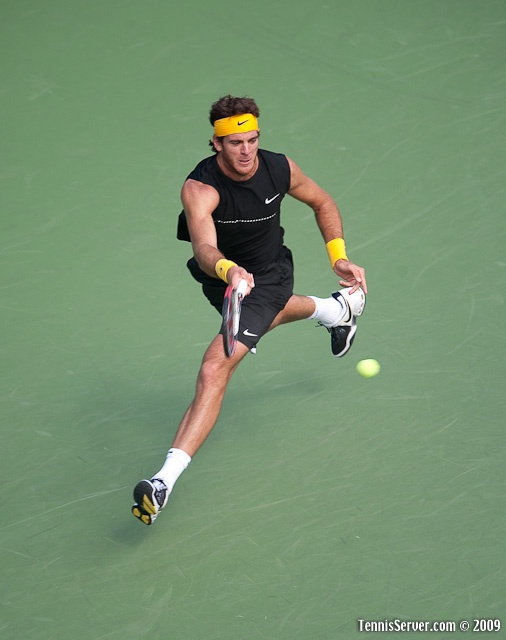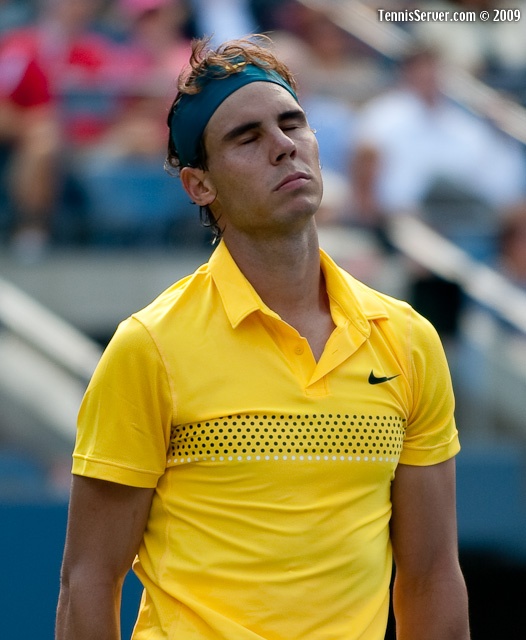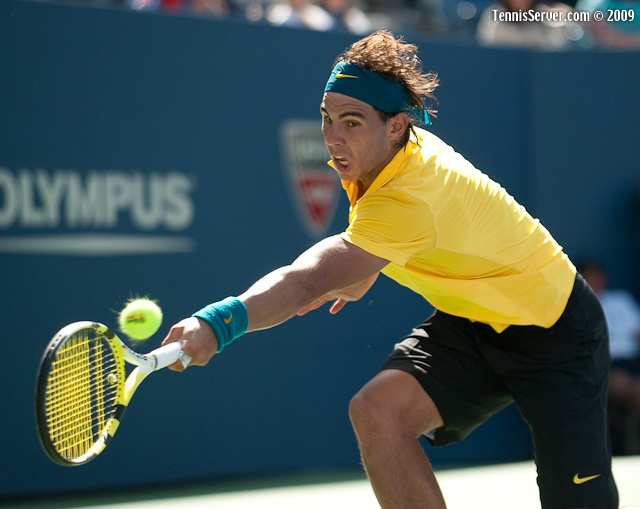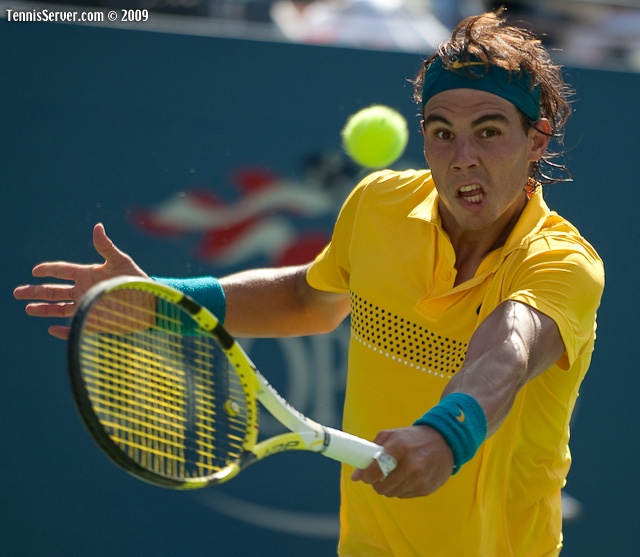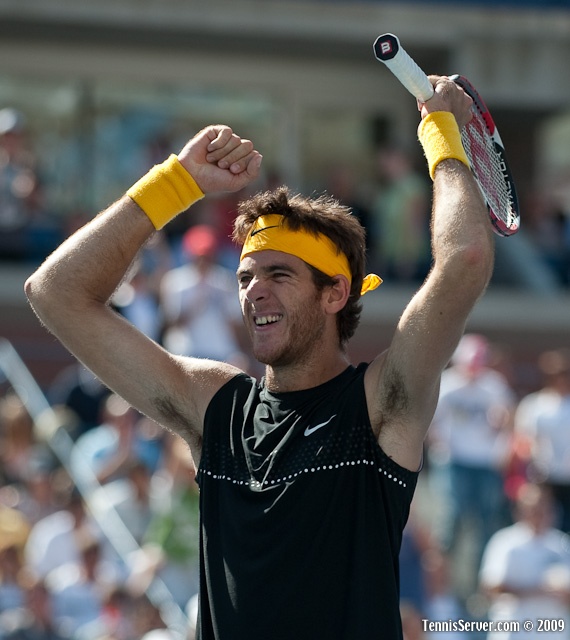Super Sunday
September 13, 2009 -- With Super Saturday a wash for the second year in a row, the USTA must have been all smiles given the sunny skies that spread over the grounds at the Billie Jean King National Tennis Center Sunday. Albeit the day wasn't the ballyhoo of extraordinary promotion the non-profit tennis organization had hoped for. However, on the other hand, fans and USTA staff alike did witness one of the ugliest semifinals last night -- UnSuper Saturday -- when the youngest Williams sister -- Serena -- exploded on court after being called for her second foot fault.
She brought the adage of throwing fuel on the fire to life and demonstrated what not to do on national television in a semifinal of a Grand Slam in front of close to 20,000 fans who had waited until 9 PM to see a match touted as the 'real final' of the fortnight.
Serena dug herself a public relations hole so deep that she might not surface unscathed. On top of that her press conference was peppered with disingenuous comments. Since last night Tournament Referee Brian Earley has issued a statement. Williams was fined $10,000 for her unsportsmanlike conduct, "pursuant to the Grand Slam Rule Book for the maximum permissible on-site fine." She has been fined an additional $500 for racquet abuse. The Grand Slam Committee Administrator will "determine if the behavior of Ms. Williams warrants consideration as a Major Offence for which additional penalties can be imposed. This investigation has now begun." Brian Earley spoke to Serena and the linesperson before they left the ground early this morning.
Why Williams was not thrown out of the tournament last night should be investigated, too. Had she been on a basketball court or in a baseball game, she would have been ejected, fined and suspended. Tomorrow she and her sister Venus will contend for a 10th Grand Slam title in women's doubles competition, as if nothing had happened.
Then some voices, for example John McEnroe's, warned that foot faults should not be called when the point is crucial to a match outcome. How would a qualitative assessment within a black and white situation play out if some rules had asterisks beside them -- 'you can call a foot fault if the point doesn't really have any significance in match outcome.' Or, 'it's okay not to call a foot fault if it's the second serve, in the second set, the score is double break point, and if she loses the game she loses the match.' Huh!
Can you imagine the arguments at the chair's feet? Foot-faulting is a fairly straightforward call. Qualitative rules are oxy-moronish and should be kept inside the Washington DC beltway where they belong.
But, let's move on -- as Serena said she had done, after Clijsters assumed the star status she richly deserved for her semifinal win last night and her victory tonight to once again claim the crown of a Grand Slam champion.
The greatest comeback story of the season certainly belongs to Kim Clijsters the 2009 U. S. Open women's singles champion. She defeated the ninth seed Caroline Wozniacki to cap off Super Sunday, 75 63. This is Clijsters second U. S. Open major title, the first being the last time she played on Arthur Ashe Stadium court in 2005. Clijsters played three tournaments before her arrival as a wildcard at the Open. The accelerated pace by which she landed in the winner's spotlight today astonished Clijsters and her team. It wasn't expected so soon, if at all. The Belgian returned to tennis for personal reasons, to see if she could still compete with the tour pros. She definitely proved to fans this evening that she could compete with the best and beat the best, as well.
A mother of 18-month-old Jada, who was on hand for the celebration, took home a paycheck of $1.6 million. Now that's bringing home the bacon!
Wozniacki was playing in her first major final. A non-power player, her loopy and lengthy groundstrokes caused problems for Clijsters initially. With the odd-paced shots and superb defensive returns, Clijsters floundered. She tried to create pace off the slower balls, which proved problematic until she won the first set.
Clijsters quietly and steadily picked up her game, then, gaining confidence point by point. She had figured out the conundrum that was Caroline. Clijsters created wider angles and better timed the high bouncers. She also took more risks.
At 5/3, Clijsters served for the championship, the wind literally at her back. Nerves in check, she erased two points Wozniacki had grabbed at first. Score 30/30. Then Clijsters sensed the possibility of stepping into the shoes of a champion. She swung out against Wozniacki who resisted the course that history was trying to make.
Clijsters had met herself in those last few points. She recognized herself as from 2005. Then, without hesitation she moved into the net and hit the short overhead. She fell to the court transformed instantaneously to the 2009 U. S. Open Champion.
Men's Semifinals
The real star of the first of two men's singles semifinals was 20-year-old Juan Martin del Potro, seeded 6th. He hammered Rafael Nadal in straight sets 62 62 62, a double break per set, and set points won on three breaks of serve.
Under increasing pressure from the Argentine to perform better and better, the normally relentless Spaniard had never been beaten quite so badly as in today's semifinal at the U. S. Open. He couldn't come up with a strategy that threw Del Potro off balance and he couldn't sustain any offensive momentum, although there were surges. But Nadal is not an offensive player. That's one reason why he is now 0-3 against Juan Martin del Potro on hard courts.
"He played really well today," Nadal said. "In the first two sets - six-two six-two - I had lots of chances to keep the score more close. But he played much better than me."
Del Potro pinned Rafa deep behind the baseline with aggressive groundstrokes off both sides. His formidable forehand drive was hit with such pace and precision other players might not have been able to arrest the onslaught from that wing of the six-foot-six man.
"I'm very happy to beat Rafa in straight sets," Del Potro said. "And, of course it's great for my future."
When Del Potro was threatened, his serve came to his rescue like clockwork. He won an emphatic victory.
"I was so focused with myself," he said. "I serve very good when important. I saw Rafa too far away from the baseline, so I try to make a short shot."
Del Potro's berth in tomorrow's final at the U. S. Open is his first in any major. He has never beaten Roger Federer, the winner of the second men's semi. "I have to play better than today, but I'll try," Del Potro said.
Novak Djokovic and Roger Federer played, well, a nice match. Djokovic didn't have the conviction, courage or consistency on shot selections to rattle Federer, who was playing in his 22nd straight semifinal at a Grand Slam. But Federer did come out nervous and gave the Serb his only break of the match, which Roger immediately erased in the next game.
Federer's game picked up after he won a convincing tiebreak in the first set. He tightened his ground game, taking the ball earlier and thus robbing Djokovic of valuable time in returns. At the same time, Djokovic's return of serve tightened, a couple leaving the #1 seed flat-footed. But it was Djokovic's shot selection that took him in the wrong direction. On those points, he seemed like a hitting partner more than a man in contention for the second spot in the 2009 U. S. Open men's singles final.
At the end of the third and final set, on Djokovic's serve, Federer held a love-thirty advantage. The finish line came in view as the shot of the match came right on cue. Djokovic sent a ball deep into Federer's court. He scrambled back to the baseline, leaving only time for a between the legs tweener shot that sailed past Djokovic's right shoulder and hit for a clean winner. The crowd went crazy, as did Federer.
According to Federer that was, "The greatest shot I ever hit in my life."





 You will join 13,000 other subscribers in receiving news of updates to the Tennis Server along with monthly tennis tips from tennis pro Tom Veneziano.
You will join 13,000 other subscribers in receiving news of updates to the Tennis Server along with monthly tennis tips from tennis pro Tom Veneziano. 
